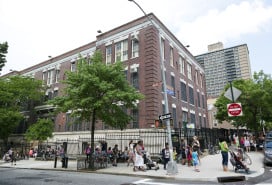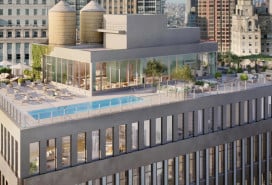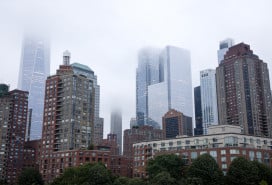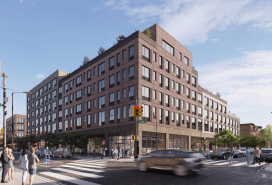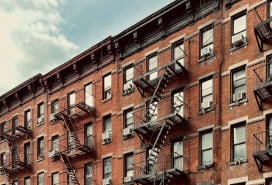Is it a good idea to buy a co-op in a brownstone?
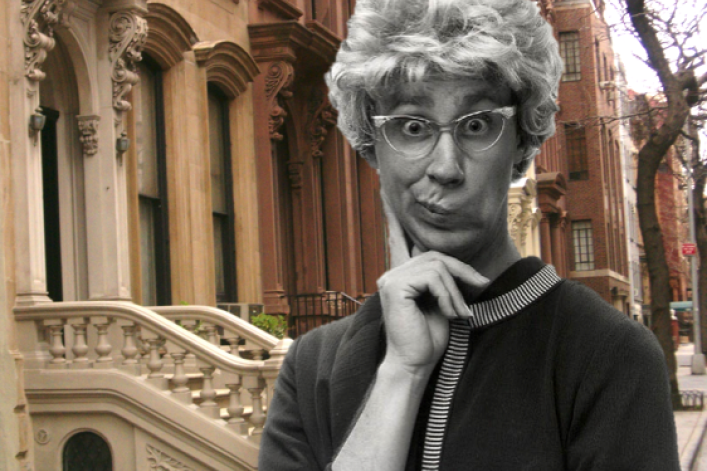
In theory, brownstone living is just about the most romantic, quaint, cozy and Old New York-style way to live. But in practice ... it may not be all it's cracked up to be.
Over on StreetEasy a prospective buyer, just back from viewing a parlor and garden floor co-op in a Brooklyn brownstone, asked about potential problems that might arise with this type of set-up (where the building had just one other shareholder).
In an effort to adopt a glass-half-full mentality, we'll start with the pros. Brownstone apartments are unique, have old-fashioned charm, outdoor space and, adds one StreetEasy commenter, unlike large buildings, you're "not paying for services [you] don't use/'lean' maintenance charges."
Plus, adds another, "ordinary expenses in a two-unit brownstone can be fairly minimal."
Now on to some of the warnings/potential pitfalls:
1. Noise. "Brownstones were never intended to be multi-family residences, and the floors are paper-thin. You hear EVERYTHING above and below you," says one commenter.
Another observes: "Whoever lives on the ground floor loses. You hear every tenant coming in and out constantly, especially if the door slams loudly."
(An additional annoyance for ground-floor residents: "All visitors think you're the super and buzz you if they can't remember their friends' apartment numbers.")
2. Chimney/fireplace problems/overall problems with old structures. "Including, but not limited to, improper capping which causes you to be visited by critters and improper cleaning which leads to risk of fire; leaky walls; difficulty of finding contractors to repair work to standards of 100 years ago; stair trouble; slanted floors which cause your washer/dryer to be imbalanced and need constant adjusting; need to update all electrical systems for comfort, climate control, and reduced risk of fire; failure of pipes that have hit the end of their usable lives," said one commenter.
And, wait, there's more: "Window leaks and failure of windows. Leak incursions from upstairs units. Landscaping issues, including lawn care, tree maintenance, and soil settling."
3. Financial responsibility. "If the other shareholder defaults/stops paying maintenance YOU will be 100% on the hook for all expenses." Also, several commenters said warned prospective buyers to make sure that the reserve fund is in good shape--old structures may need a lot of repairs.
4. There's always work to be done. "You will almost certainly have to devote some time to building operations (figure on 1 hour per month, minimum)," one commenter said.
Related posts:
Soundproofing to save your sanity
Prewar vs. new: Which is better?
Is it safe to live in a brownstone? Is it lonely?

